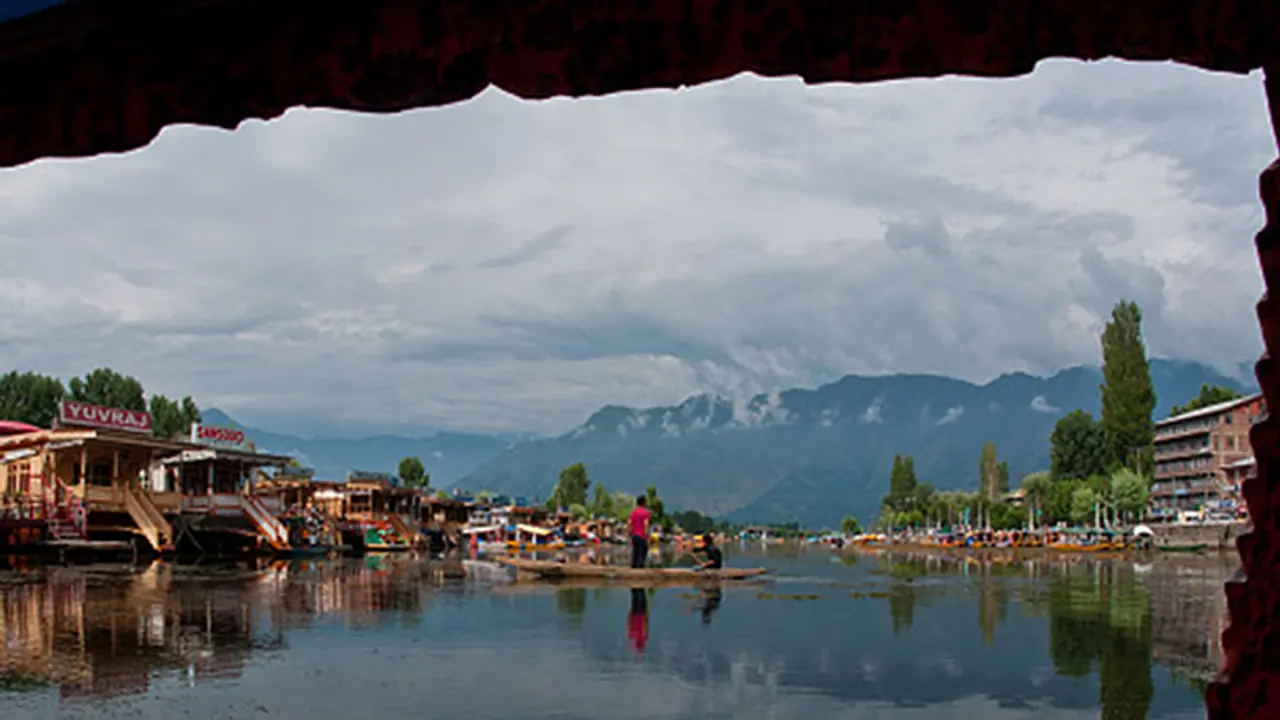A simmering Kashmir where 65 people have died since July 9 and the recent Kokrajhar mid-day attack killing 14 people presents similar cases of failed peace building efforts.

The two geographies are different, history dissimilar and challenges are varied. But the aspiration of the civil society at large would be the same peace and ‘normalcy’. It has been too long, far too long since people have lived without fear in these places.
In a roundtable discussion organised last week by the National Foundation for India (NFI), in New Delhi to understand conflict and find synergies between the state and civil society, peace seemed rather elusive.
‘Peace talks’, a term borrowed from Israel-Palestine efforts, that actually means nothing but to maintain status quo, was described by one of the participants as ‘a long courtship and a waltz between unwilling partners’. In Assam’s Bodoland, where violence has been singeing for decades, the state has been engaged in ‘peace talks’ with armed groups.
What most stakeholders in this tight rope walk fail to recognise is that no solution is going to be perfect for everybody. The entire area, including the civil society, is fragmented and there is little hope that people will speak in one voice. They will in all probability not agree and yet a way forward has to be charted.
While the state feels that the civil society has failed to push ideas for an inclusive society, the society asks, who do we have a dialogue with and how? In a place where democracy has been severely compromised and basic human rights and facilities are not granted, how can peace be even conceived?
‘Peace’ is actually not a corporate project but a matter of changing perceptions. The groups involved in negotiations more often than not bargain for demands but when in power they deny very legitimate demands made by other groups.
Bodoland is a case in point where the surrendered Bodo Liberation Tiger (BLT) militants, who have been at the helm of running the administration under the 6th Schedule of the Constitution, have been less than accommodating to other ethnic groups inhabiting that area long enough to be considered indigenous.
‘Peace’ is also not a template, so what is an ideal framework in one area will not fit in another. In Assam, for example, every few kilometres dialects change and perhaps even identities. One cannot go on carving states based on these markers.
One of the points that emerged from the discussion was that neither side includes women in ‘peace’ negotiations. There are several other inadequacies but the state recognises that women should be part of any discussion but the same is yet to find resonance amongst the armed groups.
Another very important aspect of ‘peace talks’ is unless all sides agree, it cannot be an ‘agreement’ . However, one must consider the state as an entity that will manage its problems in the best possible way it can and not necessarily in the most effective way. Governments change and so do attitudes. It is the civil society that will have to show the way forward and not the other way round.
In the past, the civil society had been seeding numerous efforts in conflict zones for better governance or development but cases such as Bodoland and Kashmir are experiences where one is convinced that in the absence of a policy and the ‘big picture’, smaller efforts are not adding up to drive change on the ground.
The importance of a strong civil society in fragile states cannot be overemphasised but it is also important to strengthen confidence in state institutions. Thus, there is the need for synergy.
The recent shootout in Kokrajhar or the shutdown in Kashmir is a reminder of the fragility and it is critical that the civil society provides the necessary counterbalance.
(The discussion was held under Chatham House rules so names have been withheld. However, many of these are suggestions made by participants at the roundtable)
